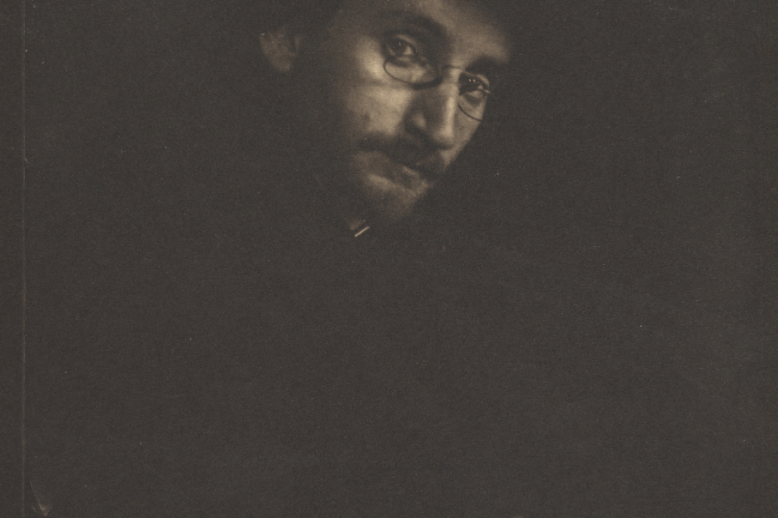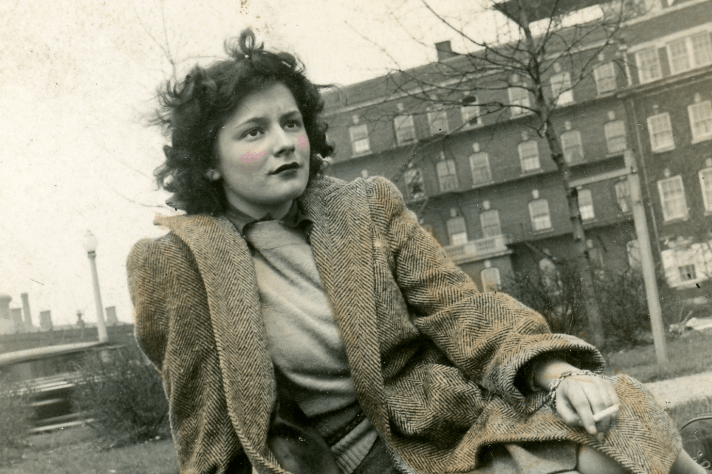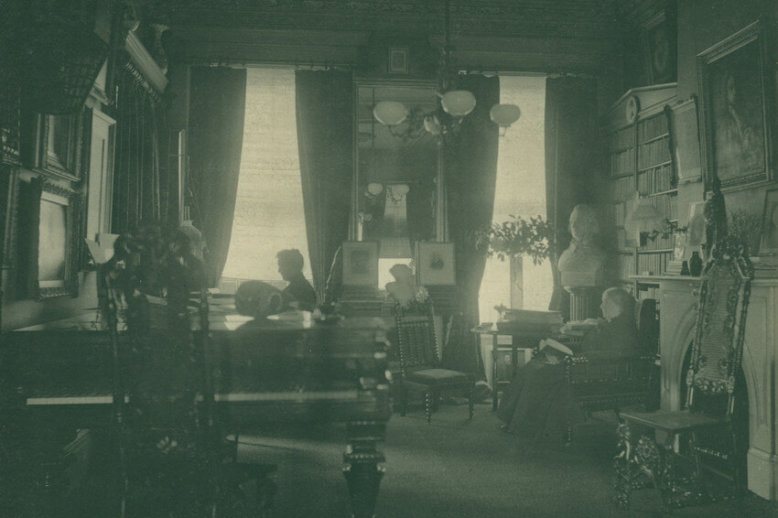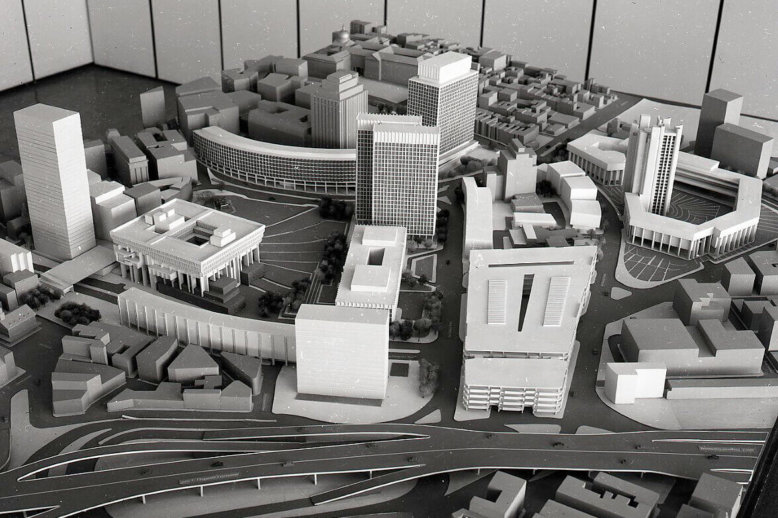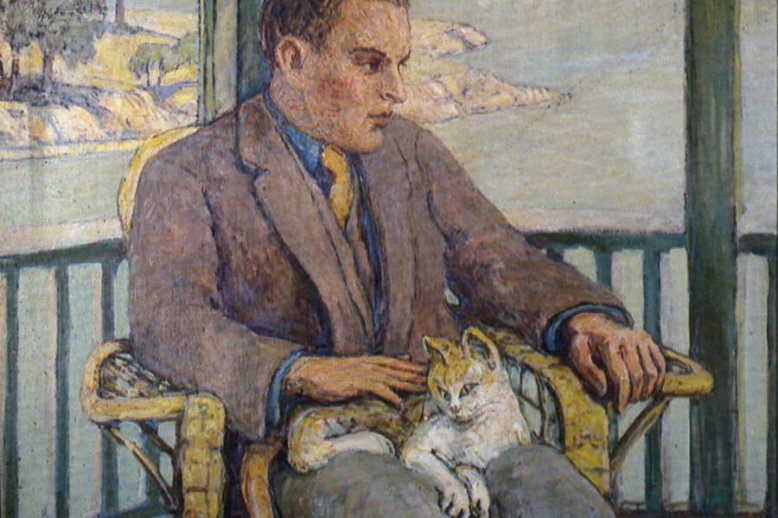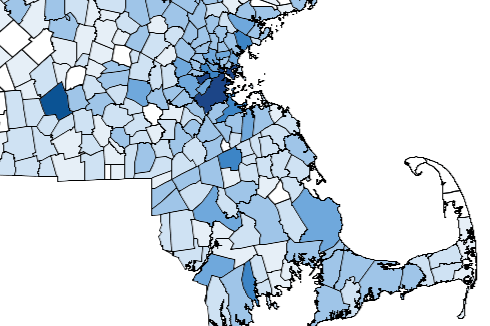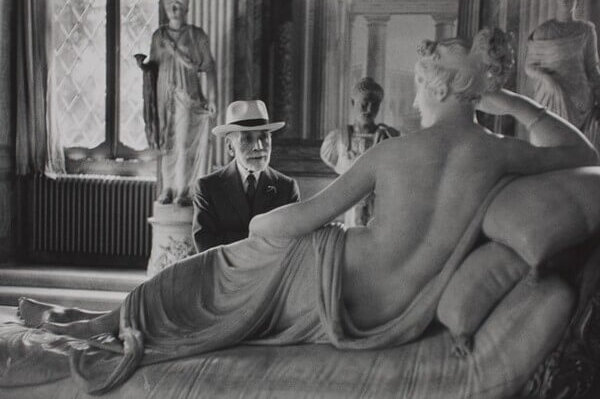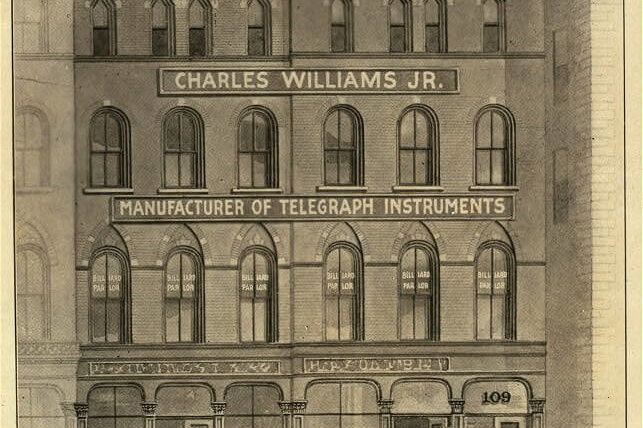Era
Organizational category for historical articles
F. Holland Day was a publisher and photographer who lived in the historic West End around the turn of the 20th century. Though he never described himself in so many words, he may have had same-sex relationships with other men and is generally seen as traveling in LGBTQ+ circles during his life. In addition to his significance as an artist, he also had a close relationship with an Italian immigrant family, the Costanzas, from the Upper End of the West End while he lived on the north slope of Beacon Hill.
Ruth Roman (1922-1999) was raised in the West End, her Jewish-Lithuanian family moving from tenement to tenement. Her fledgling interest in acting was nurtured at the Elizabeth Peabody Settlement House in the West End, where Ruth’s flare for the dramatics led to leading roles at its playhouse. While she is today remembered as a Hollywood film star – with standout roles in Lightning Strikes Twice (1951), Strangers on a Train (1951), and Tomorrow Is Another Day (1951) – the roots of her career can be found in the West End neighborhood.
At the turn of the century, “Boston marriages” enabled women to live independently from men. These relationships were common among educated female employees of settlement houses in Boston and in the greater United States. In the West End, evidence for these relationships can be found among the literary women of the period.
Boston’s brutalist buildings are divisive, having inspired decades of both contempt and praise. The Government Center Project and its brutalist structures are the result of, and symbols of, debates surrounding urban renewal planning in the 1950s and ‘60s. The divergence in opinions between architectural and political elites and ordinary people is illustrative of larger issues and trends related to the Urban Renewal and New Boston movements.
F. O. Matthiessen was a literary critic and Harvard professor who lived in the historic West End from 1939 until his death in 1950. His life and work were heavily influenced by his identity as a gay man and his twenty-year relationship with the artist Russell Cheney, even though they were, for all intents and purposes, secret. Matthiessen is credited with founding the discipline of American Studies, and his major works explore key figures of nineteenth-century American literature through the historical context that shaped their writings.
Boston, like its West End, is no stranger to marked population changes. Recent studies have predicted further transformations for Boston’s and Massachusetts’ populations that could have meaningful economic and political impacts. Such changes, current and future, are influenced by various interrelated factors: immigration patterns, cost of living, major disruptors, anchor institutions, and global population growth rate.
Bernard Berenson (1865-1959) was a Lithuanian-born, West-End-raised art historian and commercial art dealer specializing in the Italian Renaissance. His knowledge and expert connoisseurship greatly impacted the art world of the 19th and 20th centuries, and his dealings with wealthy Americans bolstered the flow of Old Masters into the country. His publications on Italian Renaissance artists were hugely successful and are still used in classrooms today.
Thomas Edison (1847-1931), the famed inventor with 1,093 patents, got his start in Boston before contributing to the invention of the lightbulb, phonograph, and movie camera. From staying at boarding houses on Cambridge Street to experimenting in workshops in Scollay Square, the West End was a launching pad for the young Edison’s nascent career as an inventor and entrepreneur.


